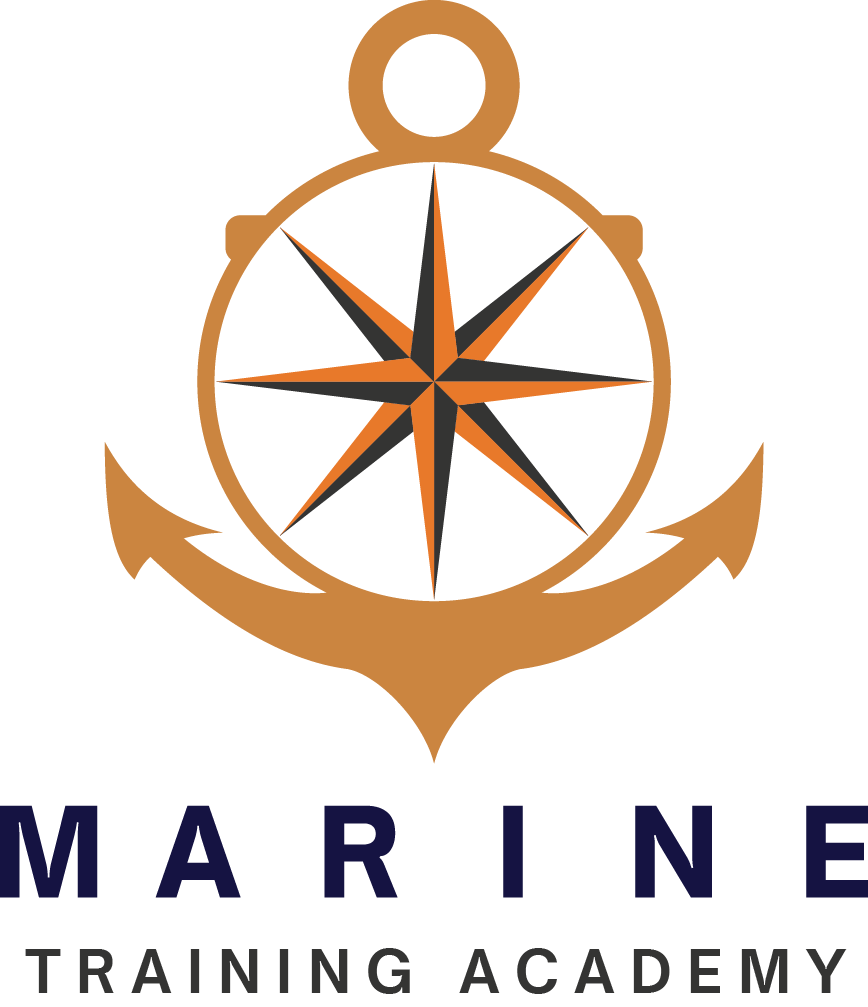Purpose Marine Training Academy is committed to providing quality training and assessment in accordance with the Standards for Registered Training Organisations (SRTOs 2015). As such, Marine Training Academy is required to have a policy and processes in place to manage and respond to allegations involving the conduct of staff, learners and third-party training and assessment providers who provide services on behalf of Marine Training Academy.
This policy is based on providing and maintaining training and assessment services that are fair and reasonable and afford a forum where issues or inadequacies can be raised and resolved. This process provides opportunity for complaints to be recorded, acknowledged, and dealt with in a fair, efficient and effective manner. The object of this policy is to ensure that Marine Training Academy staff always act in a professional manner. This policy provides clients with a clear process to register a complaint. It ensures all parties involved are kept informed of the resulting actions and outcomes.
Policy Statement Marine Training Academy acknowledges the clients’ right to lodge a complaint when they are dissatisfied with the training and /or assessment services and experiences that they have been provided by Marine Training Academy. Marine Training Academy will ensure that clients have access to a fair and equitable process for expressing complaints, and that Marine Training Academy will manage the complaint with fairness and equity.
In doing so, Marine Training Academy:
- a) has written procedures in place for collecting and managing complaints in a constructive and timely manner.
- b) ensures that these procedures are communicated to all staff, third party partners and clients.
- c) ensures that all necessary documentation and resources are in place to enable clients to submit a complaint.
- d) ensures that each complaint and its outcome is recorded in writing; and
- e) ensures that customer complaints and their outcomes are fed into continuous improvement initiatives.
Third party means any party that provides services on behalf of the RTO but does not include a contract of employment between an RTO and its employee.
Policy Principles In managing complaints, Marine Training Academy will ensure that:
- a) The principles of natural justice and procedural fairness are adopted at every stage of the complaint process.
- b) The complaints policy is publicly available.
- c) There is a procedure for making a complaint.
- d) Complaints are treated seriously and dealt with promptly, impartially, sensitively and confidentially.
- e) Complaints will be resolved on an individual case basis, as they arise.
- f) All clients have the right to express a concern or problem and/or lodge a complaint if they are dissatisfied with the training and assessment services that they have been provided (including through a third party) or the behavioural conduct of another learner.
- g) All complaints are acknowledged in writing and finalised as soon as practicable.
- h) The complaint resolution procedure is based on the understanding that no action will be taken without consulting the complainant and respondent, using a process of discussion, cooperation and conciliation.
- i) The rights of the complainant and respondent will be acknowledged and protected throughout the complaint resolution process, including the conduct of separate interviews initially.
- j) In the interest of confidentiality, the number of people involved in the resolution process will be kept to a minimum.
- k) Final decisions will be made by the Director Marine Training Academy or an independent party to the complaint.
- l) The complaint resolution procedure emphasises mediation and education while acknowledging that in some instances formal procedures and disciplinary action may be required.
- m) If the complaints process fails to resolve the complaint or the complainant is not satisfied with the outcome of the complaint the matter will be referred to an independent third party for review, at the request of the complainant. All costs incurred for the third party review will be advised to the complainant.
- n) If the complaint will take in excess of 60 calendar days to finalise Marine Training Academy will inform the complainant in writing providing the reasons why more than 60 calendar days are required. The complainant will also be provided with regular updates on the progress of the complaint.
- o) Victimisation of complainants, respondents or anyone one else involved in the complaint resolution process will not be tolerated. p) All complaints will be handled as Staff-In-Confidence and will not affect or bias the progress of the client in any current of future training.
Types of Complaints A complaint may include allegations involving the conduct of :
- a) Marine Training Academy, its trainers, assessors or other staff; or
- b) A third party providing services on behalf of Marine Training Academy, its trainers, assessors or other staff; or
- c) A learner of Marine Training Academy.
Marine Training Academy Responsibilities The Director of Marine Training Academy is the Complaints Resolution Officer. The Director may delegate responsibility for the resolution of the complaint if necessary. Details concerning the scope of the Complaints Policy are to be clearly displayed throughout the organisation and contained within the Staff Induction Process, Client Handbook and Marine Training Academy website. 6.
Process Complaints If a client has a complaint, they are encouraged to speak immediately with the trainer/assessor to resolve the issue. If the complainant is not satisfied that the issue has been resolved they will be asked to complete a Complaints Form, to lodge a formal complaint. Marine Training Academy will then investigate the complaint and advise the complainant of the outcome. If the complainant is not satisfied with the outcome they may write to the Director, setting out in detail the issue of concern. This may lead to occasions where an industry-training representative may be invited to act as an objective party in order to negotiate a satisfactory resolution.
Complaints Process All complaints shall follow the below process:
- a) Complaints are to be made in writing within 7 calendar days of the incident using the Complaints Form.
- b) A submitted complaint form will constitute a formal complaint from the client. Further detail of the complaint can be provided by the client verbally.
- c) The Director Marine Training Academy must be informed of receipt of all complaints immediately.
- d) The Director Marine Training Academy may delegate responsibility for the resolution of the complaint. e) In the case of a complaint, the Director Marine Training Academy will initiate a transparent, participative investigation to identify the issues.
- f) Complaints will be processed in accordance with the Complaints flowchart –
- g) Complaints, where possible, are to be resolved within 14 calendar days of the initial application.
- h) In all cases the final conclusion will be assessed by the Director Marine Training Academy.
- i) The Client will be advised in writing of the outcome of their complaint, within seven (7) days of resolution.
- j) If the outcome is not to the satisfaction of the Client, they may seek an appointment with the Director Marine Training Academy.
- k) If the client is not satisfied with the decision, they have the option to seek outside assistance to pursue the complaint.
Access & Equity the Marine Training Academy Access & Equity Policy applies. (See Access & Equity Policy)
Records Management Records of all complaints and their outcomes are maintained securely. Records of complaints include:
- a) How the complaint was dealt with.
- b) The outcome of the complaint.
- c) The timeframes for resolution of the complaint.
- d) The potential causes of the complaint; and
- e) The steps taken to resolve the complaint. All documentation from Refund processes is maintained in accordance with Records Management Policy. (See Records Management Policy)
Monitoring and Improvement All complaints practices are monitored by the Director Marine Training Academy and will be discussed at Management Review Meetings with areas for improvement identified and acted upon. (See Continuous Improvement Policy)




